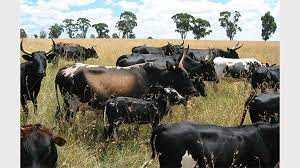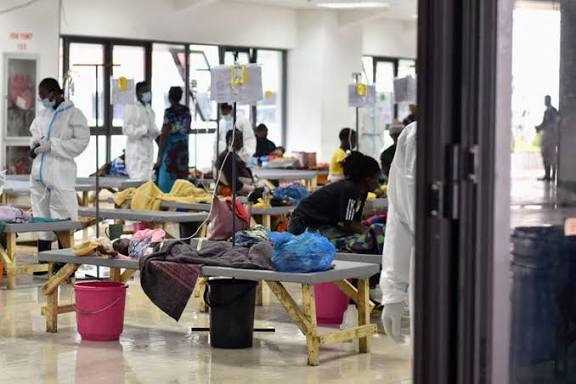
Patience Muchemwa
The Bolvac vaccine, which has been developed in Zimbabwe to combat January disease, is undergoing field trials, starting with Makoni District in Manicaland Province before being rolled out to other parts of the country.
In an interview with Zim Now, Department of Veterinary Technical Services Director, Dr Pious Makaya, said they were targeting nearby hotspot areas for the experiment.
“We were just looking for a nearby hotspot where there are willing farmers and there was infrastructure to do the vaccination in Makoni District.”
At least more than 100 cattle have died due to an outbreak of January disease also known as Theileriosis in Makoni District, a tick-borne disease common between December and March.
Dr Makaya said in Makoni District, they will use a consent form where they are vaccinating cattle from willing farmers.
“We don’t just vaccinate somebody’s cow, we seek permission to go ahead.
Related Stories
“Remember, we were doing a trial. We need consent from the owner of the livestock.”
The Veterinary Service Department are do not vaccinate sick cattle and are hoping that if a tick bites a vaccinated cow, it will carry the vaccine to the non-vaccinated ones and the vaccine will be spread around the area.
“We wish that if the vaccine strain multiplies enough within the vaccinated animal, the ticks can come and take the vaccine strain from the vaccinated one and bite the non-vaccinated ones in that area then that will spread the vaccine.
“The tick has no boundaries, they can mix at the dip tank or somewhere else,” said Dr Makaya.
He added that they are now studying the dose that can be given to an animal so that the vaccine can be transferred to the next animal.
“Now we have to do a study on whether the vaccine dose that will be taken from the vaccinated animal will be enough to raise the immunity in the non-vaccinated once.”
Dr Makaya said the effect is most likely to be positive than negative.
“The non-vaccinated farmer will be very lucky if the tick comes to his farm with the vaccine strain in the guts and vaccinate his animals,” added Dr Makaya.


















Leave Comments